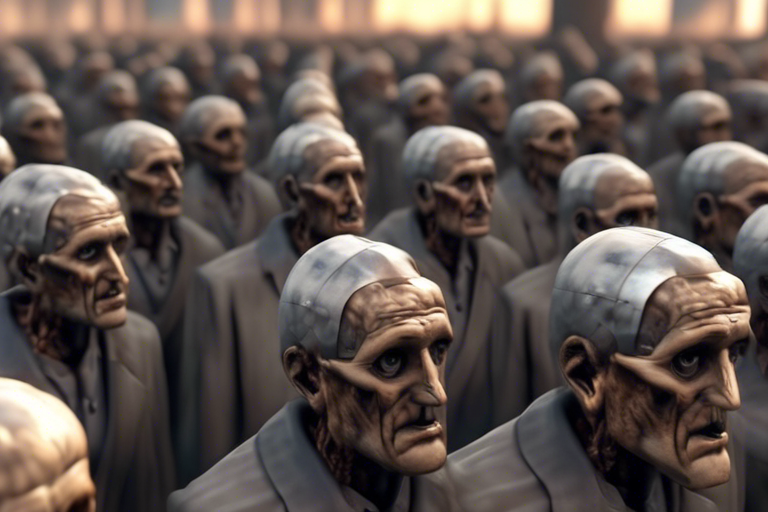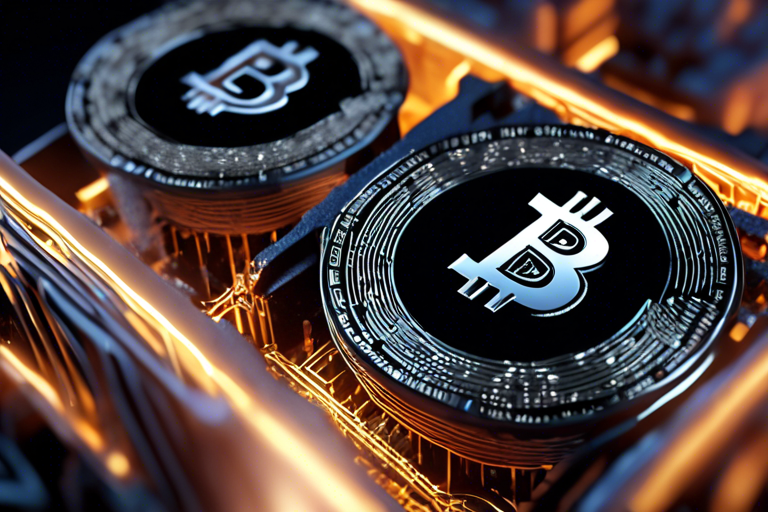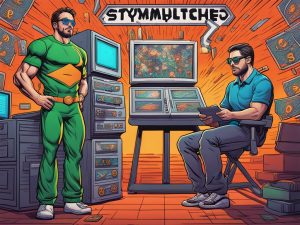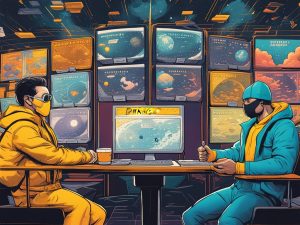The Impact of AI on Holocaust Denial and Distortion
In a recent report by UNESCO and the World Jewish Congress, concerns have been raised about the potential misuse of artificial intelligence (AI) technology to spread false information and distort historical facts about the Holocaust. The report highlights the risks associated with the creation of deepfakes and AI-generated content that could undermine the well-documented atrocities committed during the Holocaust. Here are the key points from the report:
UNESCO’s Warning
- AI could be used to spread false claims about the Holocaust, leading to an increase in antisemitism.
- Deepfakes and AI-generated content could distort the reality of the Holocaust.
- Examples of AI-generated Holocaust distortions include fabricated testimonies by AI programs.
The report urges immediate action from governments, tech companies, and educators to establish ethical guidelines for the use of AI technology and raise awareness about the risks associated with AI-generated content.
The Dangers of AI in Holocaust Education
While AI technology has the potential to enhance Holocaust education, the report suggests that the risks currently outweigh the benefits. Here are some key takeaways:
- AI could be used to create immersive experiences for educational purposes.
- Unreliable data and AI “hallucinations” could contribute to public misunderstandings about the Holocaust.
- Tech companies need to implement ethical guidelines to prevent the misuse of AI technology.
Addressing the Risks
To mitigate the potential dangers of AI in spreading misinformation about the Holocaust, UNESCO emphasizes the need for collaboration among various stakeholders. Here are the recommended actions:
- Governments should regulate the development and use of AI technology.
- Tech companies should establish ethical rules to minimize the spread of unreliable information.
- Educators should raise awareness about the risks of AI-generated content.
Implications of AI on Historical Truth
UNESCO experts warn that distortions of Holocaust history through AI technology could have profound implications on our understanding of historical truth. Here are some key insights:
- AI-generated misinformation may lead to a diminution of our understanding of the Holocaust.
- The rise of far-right ideologies in Western Europe may be fueled by online hate speech and misinformation generated by AI.
Hot Take: Taking Action Against AI Misuse
As advancements in AI technology continue to evolve, it is crucial to address the potential risks associated with its misuse. By establishing ethical guidelines, raising awareness, and collaborating across sectors, we can mitigate the impact of AI on Holocaust denial and distortion.





 By
By
 By
By
 By
By

 By
By